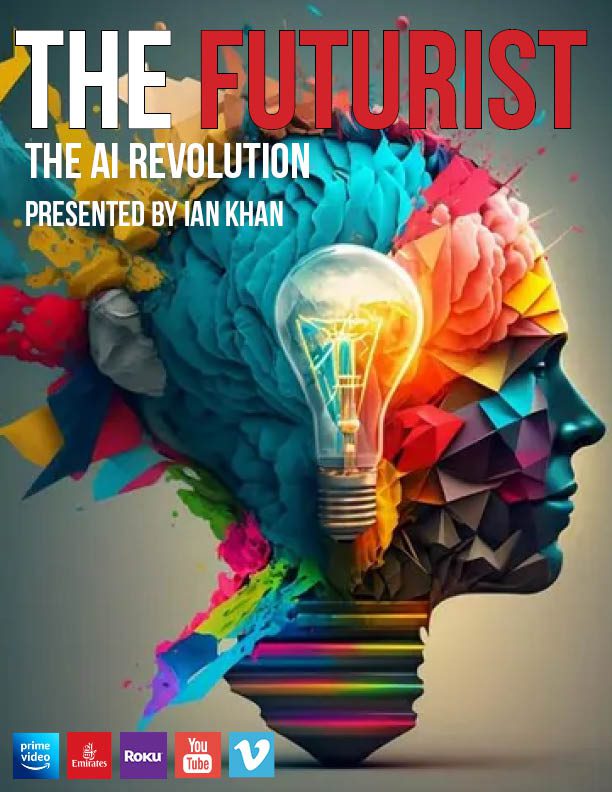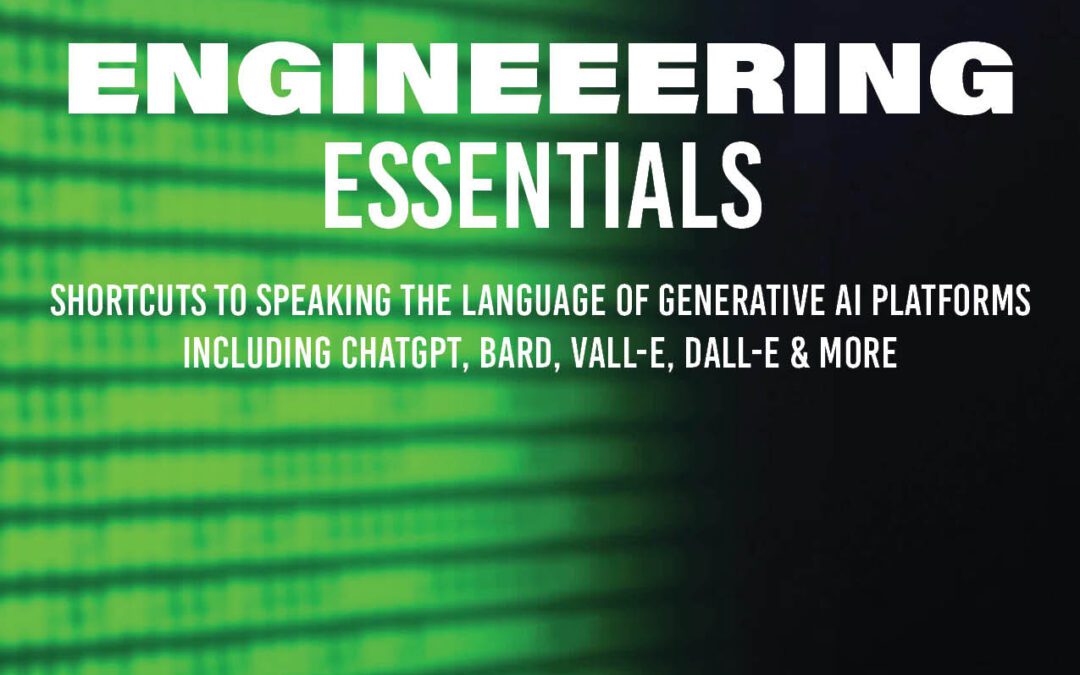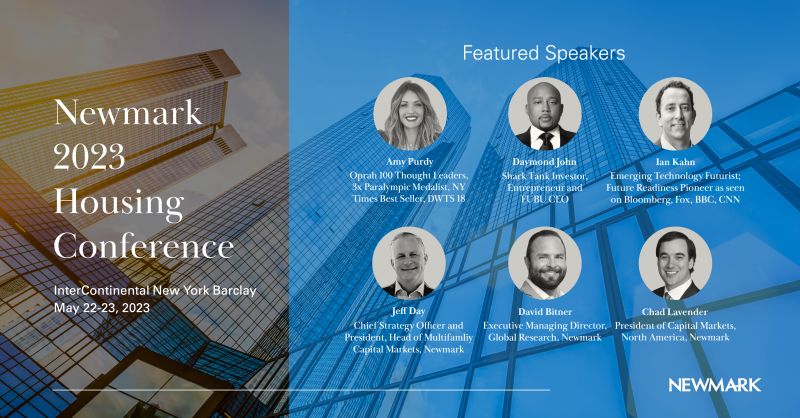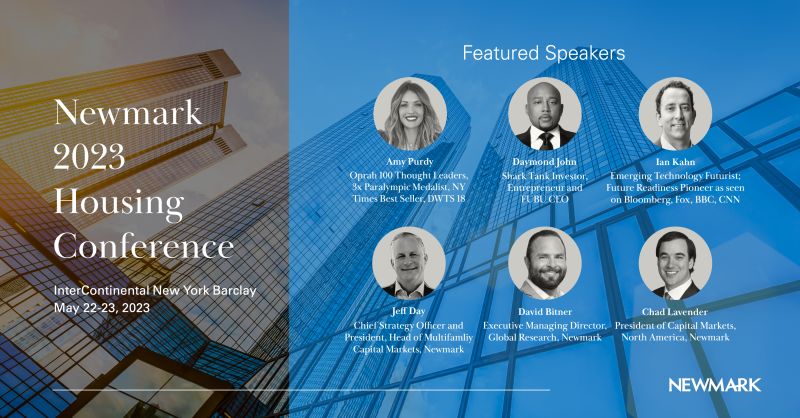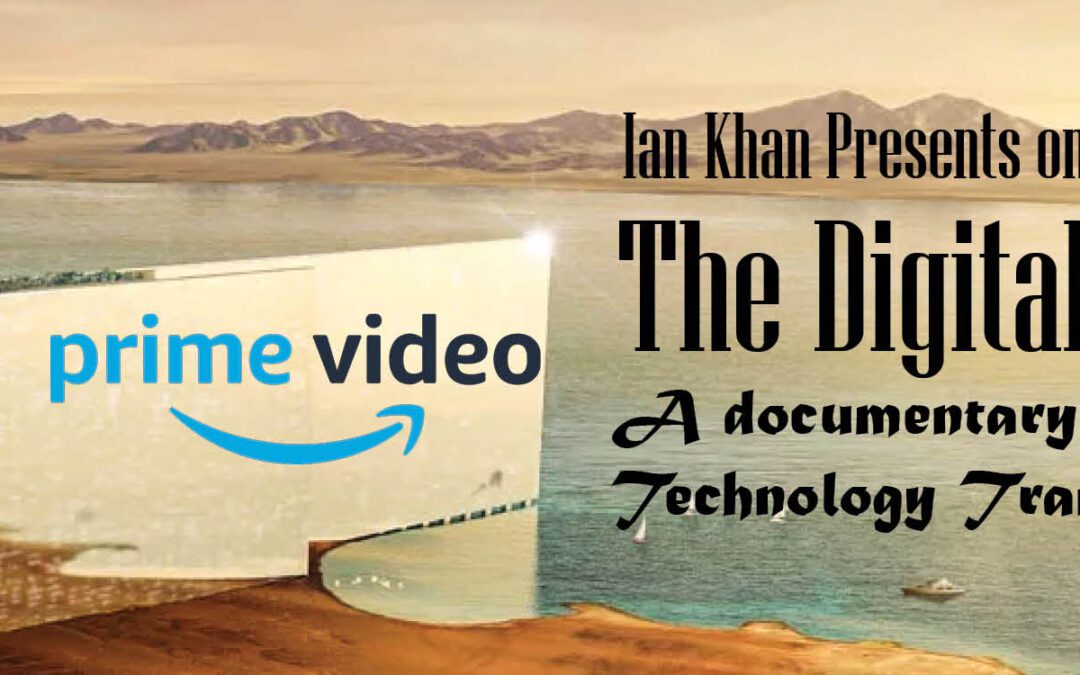AI in Journalism Explained: Futurist & AI Expert Ian Khan on News Reporting
AI in Journalism Explained: Futurist & AI Expert Ian Khan on News Reporting
AI in journalism is revolutionizing news reporting, and futurist and AI expert Ian Khan provides insights into how artificial intelligence is transforming this vital field. By integrating AI technologies into journalism, media organizations can enhance news gathering, improve content creation, and provide personalized news experiences to readers.
The significance of AI in journalism lies in its ability to process vast amounts of data quickly and accurately. Ian Khan emphasizes that AI-powered tools enable journalists to uncover stories faster, verify facts with precision, and produce high-quality content efficiently. As the demand for timely and accurate news grows, leveraging AI becomes crucial for maintaining journalistic integrity and competitiveness.
One of the primary applications of AI in journalism is in data analysis and trend identification. AI algorithms can analyze large datasets from various sources, such as social media, government databases, and financial markets, to identify emerging trends and breaking news. Ian Khan explains that this capability allows journalists to stay ahead of the curve, reporting on significant events as they unfold. By providing real-time insights, AI helps news organizations deliver timely and relevant content to their audiences.
AI also plays a crucial role in automating content creation. Advanced AI systems can generate news articles, summaries, and reports based on structured data. Ian Khan highlights that AI-driven content generation tools, such as natural language processing (NLP) models, can produce articles on financial earnings, sports results, and election outcomes with speed and accuracy. This automation frees up journalists to focus on investigative reporting and in-depth analysis, enhancing the overall quality of news coverage.
In addition to data analysis and content creation, AI enhances news personalization. AI-powered recommendation systems analyze readers’ preferences, browsing history, and engagement patterns to deliver personalized news feeds. Ian Khan points out that this level of personalization increases reader engagement and satisfaction by providing news that aligns with individual interests. Personalized news experiences also help media organizations build stronger relationships with their audiences, driving loyalty and trust.
AI in journalism also improves fact-checking and verification processes. AI algorithms can cross-reference information from multiple sources to verify the accuracy of facts and identify misinformation. Ian Khan notes that this capability is essential for maintaining the credibility of news organizations in an era of widespread misinformation and fake news. By ensuring the accuracy of their reporting, media organizations can uphold journalistic standards and build public trust.
In conclusion, AI in journalism, as explained by futurist and AI expert Ian Khan, is transforming news reporting by enhancing data analysis, automating content creation, personalizing news experiences, and improving fact-checking. By leveraging AI technologies, media organizations can deliver timely, accurate, and engaging news to their audiences. As AI continues to evolve, its impact on journalism will grow, driving innovation and shaping the future of news reporting.
Hashtags:
#AIinJournalism #NewsReporting #AI #IanKhan #ArtificialIntelligence #TechInnovation #FutureTech #AIExpert #DataAnalysis #ContentCreation #PersonalizedNews #FactChecking

